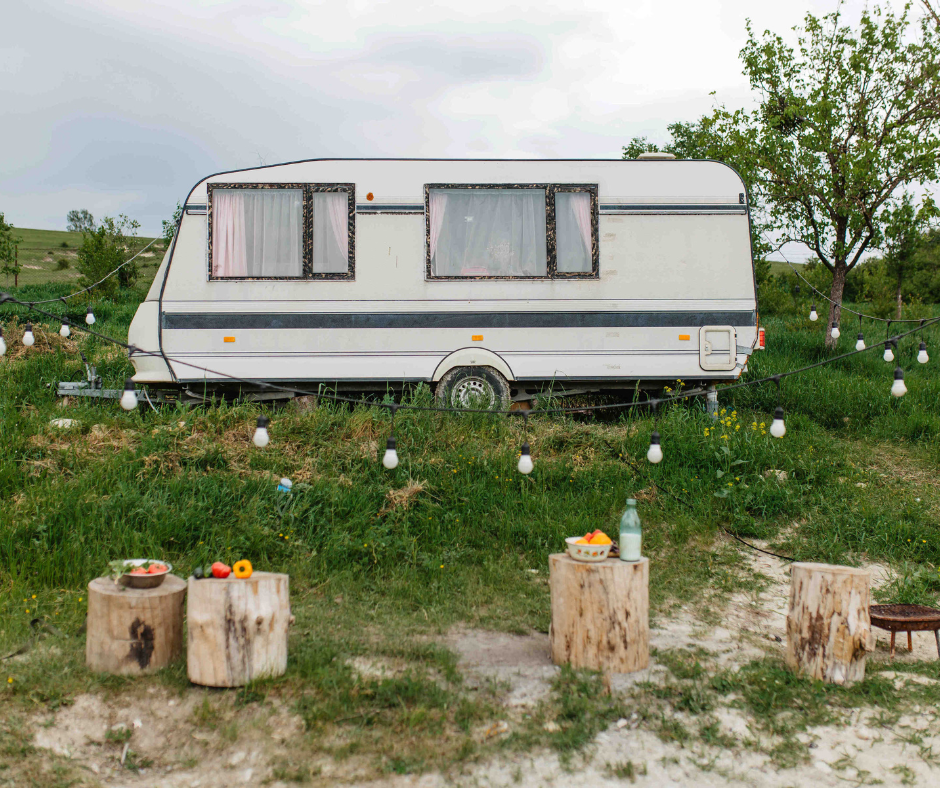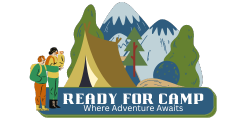
Are you ready to escape the hustle and bustle of everyday life and immerse yourself in the beauty of nature? Camping offers the perfect opportunity to disconnect from technology, breathe in the fresh air, and rejuvenate your soul. But before you embark on your remote camping trip, it’s essential to be prepared. As the Founder & CEO of Ready For Camp, with 28 credentials of entrepreneurship under my belt with BAB Group of Companies, I’m here to share actionable tips and urgent reminders to ensure your camping experience is nothing short of extraordinary.
- Plan Ahead: Proper planning is crucial for a successful camping trip. Research your destination, check the weather forecast, and familiarize yourself with any regulations or permits required.
- Make a Checklist: Don’t leave packing to chance. Create a comprehensive checklist of all the essential items you’ll need, from shelter and bedding to food and clothing.
- Invest in Quality Gear: Invest in durable, high-quality camping gear that will withstand the elements. This includes a sturdy tent, sleeping bag, camping stove, and cooking utensils.
- Pack Light: While it’s tempting to bring along every comfort of home, resist the urge to overpack. Stick to the essentials and prioritize lightweight, multi-purpose items.
- Stay Organized: Keep your gear organized by using storage bins or packing cubes. This will make it easier to find what you need and prevent items from getting lost or damaged.
- Dress for the Weather: Dress in layers and be prepared for changing weather conditions. Pack waterproof clothing, sturdy footwear, and plenty of warm layers for cold nights.
- Stay Hydrated: Dehydration can quickly ruin a camping trip, so be sure to pack plenty of water. Consider bringing a water filtration system or purification tablets for safe drinking water from natural sources.
- Pack Nutritious Food: Fuel your adventure with nutritious, energy-rich foods. Pack lightweight, non-perishable items like granola bars, trail mix, and dehydrated meals.
- Leave No Trace: Practice Leave No Trace principles to minimize your impact on the environment. Pack out all trash, avoid damaging vegetation, and use designated campsites whenever possible.
- Safety First: Prioritize safety at all times. Carry a first aid kit, know basic first aid skills, and familiarize yourself with local wildlife and potential hazards.
- Stay Connected: While the goal of camping is to disconnect from technology, it’s still important to stay connected in case of emergencies. Bring a fully charged cell phone or a satellite communication device.
- Respect Wildlife: Observe wildlife from a safe distance and avoid feeding or approaching wild animals. Keep food stored securely to prevent attracting unwanted visitors to your campsite.
- Mind Your Campfire: If you plan to have a campfire, do so responsibly. Use designated fire rings or pits, never leave a fire unattended, and fully extinguish it before leaving your campsite.
- Be Considerate of Others: Respect your fellow campers by keeping noise to a minimum, observing quiet hours, and following campground rules and regulations.
- Have a Backup Plan: Be prepared for the unexpected by having a backup plan in place. This could include alternative routes, emergency shelters, or evacuation procedures.
- Practice Fire Safety: Always follow fire safety guidelines and regulations. Use a camp stove for cooking instead of an open fire whenever possible, and never leave a campfire unattended.
- Stay Warm: Nights can be chilly, even in warmer climates, so be sure to pack extra layers and insulation to stay warm and comfortable throughout the night.
- Bring Entertainment: While the beauty of nature is entertainment enough for some, it’s always a good idea to bring along some entertainment options for downtime. This could include books, games, or musical instruments.
- Stay Flexible: Embrace the spontaneity of camping and be willing to adapt to changing conditions. Stay flexible with your plans and be open to new experiences and adventures.
- Practice Campsite Etiquette: Respect the environment and your fellow campers by practicing good campsite etiquette. This includes keeping noise to a minimum, respecting quiet hours, and properly disposing of waste.
- Stay Dry: Wet clothing and gear can quickly ruin a camping trip, so be sure to pack waterproof clothing and gear, and choose a campsite that is well-drained and sheltered from the elements.
- Be Mindful of Leave No Trace Principles: Leave No Trace is a set of outdoor ethics promoting conservation in the outdoors. Be mindful of your impact on the environment and follow these principles to minimize your footprint.
- Plan for Emergencies: While nobody wants to think about emergencies, it’s essential to be prepared for the worst-case scenario. Bring a first aid kit, know basic first aid skills, and have a plan in place for contacting emergency services if needed.
- Respect Quiet Hours: Many campgrounds have designated quiet hours to ensure a peaceful atmosphere for all campers. Respect these quiet hours by keeping noise to a minimum and refraining from loud activities during designated times.
- Leave It Better Than You Found It: Take pride in leaving your campsite better than you found it. Pack out all trash, properly dispose of waste, and leave natural areas as you found them for future generations to enjoy.
- Practice Fire Safety: Be mindful of fire safety at all times. Use designated fire rings or pits, keep a bucket of water or a fire extinguisher nearby, and never leave a fire unattended.
- Stay Hydrated: Dehydration can sneak up on you, especially in hot weather or at high altitudes. Be sure to drink plenty of water throughout the day to stay hydrated and avoid heat-related illnesses.
- Have Fun: Most importantly, remember to have fun! Camping is all about enjoying the great outdoors and creating lasting memories with friends and family. So relax, unwind, and savor every moment of your remote camping adventure.
In conclusion, a successful remote camping trip requires careful planning, preparation, and respect for the environment and your fellow campers. By following these camping tips and packing essentials, you’ll be well-equipped to embark on an unforgettable outdoor adventure. So what are you waiting for? Get ready to pack your bags, hit the trails, and immerse yourself in the beauty of nature. Adventure awaits!
